Ender's Game has been personally signed by Orson Scott Card directly onto the title page of the book.
"This hardback first printing of ENDER'S GAME has been privately bound in premium leather. It has been signed by the author ORSON SCOTT CARD"
The first publication of Orson Scott Card's Hugo award-winning novel Ender's Game, predating the first edition by eight years
New York, TOR Publishing (1977, 1985). Orson Scott Card "Ender's Game". Leather-Bound. First Edition, First Printing as stated. Signed by the author directly onto the title page of the book. Two-volume slipcased set that includes the Analog Magazine 1977. Black hardcover books with no dust-jackets as issued. Original matching slipcase. Gold color lettering and graphics on the spines. ISBN: 0-312-93208-1. Cover art by John Harris.
"First TOR printing: January 1985" as stated on the copyright page.
Ender's Game
In order to develop a secure defense against a hostile alien race's next attack, government agencies breed child geniuses and train them as soldiers. A brilliant young boy, Andrew "Ender" Wiggin lives with his kind but distant parents, his sadistic brother Peter, and the person he loves more than anyone else, his sister Valentine. Peter and Valentine were candidates for the soldier-training program but didn't make the cut-young Ender is the Wiggin drafted to the orbiting Battle School for rigorous military training.
Ender's skills make him a leader in school and respected in the Battle Room, where children play at mock battles in zero gravity. Yet growing up in an artificial community of young soldiers Ender suffers greatly from isolation, rivalry from his peers, pressure from the adult teachers, and an unsettling fear of the alien invaders. His psychological battles include loneliness, fear that he is becoming like the cruel brother he remembers, and fanning the flames of devotion to his beloved sister.
Is Ender the general Earth needs? But Ender is not the only result of the genetic experiments. The war with the Buggers has been raging for a hundred years, and the quest for the perfect general has been underway for almost as long. Ender's two older siblings are every bit as unusual as he is, but in very different ways. Between the three of them lie the abilities to remake a world. If, that is, the world survives.
About The Author
Orson Scott Card (born August 24, 1951) is an American author, critic, public speaker, essayist, columnist, and political activist. He writes in several genres but is known best for science fiction. His novel Ender's Game (1985) and its sequel Speaker for the Dead (1986) both won Hugo and Nebula Awards, making Card the only author to win both science fiction's top U.S. prizes in consecutive years. He is also a practicing member of The Church of Jesus Christ of Latter-day Saints and a political and social commentator whose opinions, including opposition to same-sex marriage, have drawn controversy.Card is co-producing the film. Most recently, he was awarded the 2008 Margaret A. Edwards Award for lifetime achievement in Young Adult literature, from the American Library Association. Card has written sixty-one books, assorted plays, comics, and essays and newspaper columns. The Ender novels have inspired a Marvel Comics series, a forthcoming video game from Chair Entertainment, and pre-production on a film version. A highly anticipated The Authorized Ender Companion, written by Jake Black, is also forthcoming.Card offers writing workshops from time to time and occasionally teaches writing and literature at universities. Orson Scott Card currently lives with his family in Greensboro, NC.

History of Analog Magazine
by Trevor Quachri
Analog/Astounding is often considered the magazine where science fiction grew up. When editor John W. Campbell took over in 1938, he brought to Astounding an unprecedented insistence on placing equal emphasis on both words of “science fiction.” Gadgets and action were no longer sufficient; writers needed to try to think out how science and technology might really develop in the future – and, most importantly, how those changes would affect the lives of human beings. The new sophistication soon made Astounding the undisputed leader in the field, and the old title began to seem too “sensational” to reflect what the magazine was actually doing. Campbell chose “Analog” in part because he thought of each story as an “analog simulation” of a possible future, and in part because of the close analogy between the imagined science in the stories and the real science being done in laboratories around the world.
Real science and technology have always been important in Analog, not only as the foundation of its fiction, but as the subject of articles about real research with big implications for the future. One story published during World War II described an atomic bomb so accurately – before Hiroshima – that FBI agents visited the office to find out where the leak was. (There was no leak – just attentive, forward-thinking writers!)
The pages of Astounding/Analog have been home to many of science fiction’s foremost writers and stories. Isaac Asimov, Poul Anderson, Greg Bear, Ben Bova, David Brin, Lois McMaster Bujold, Michael F. Flynn, Robert A. Heinlein, Geoffrey Landis, George R.R. Martin, Spider Robinson, Robert J. Sawyer, Charles Sheffield, Michael Swanwick, Harry Turtledove, and Timothy Zahn are just a few of the prominent names that have appeared in our pages, and we have a long tradition of discovering and cultivating new talent. Our stories have also won many Hugo and Nebula Awards, and such classics as Asimov’s Foundation, Orson Scott Card’s Ender’s Game, Frank Herbert’s Dune, and Anne McCaffrey’s Dragonflight first appeared in Analog.
Some people who haven’t read Analog assume it has a much narrower emphasis on “nuts and bolts” than it actually has. It’s true that we care very much about making our speculations plausible, because we think there’s something extra special about stories that are not only fantastic, but might actually happen. But it’s just as true that we’re very concerned about people (Earthly or otherwise) and how future changes will affect the way they live. If you haven’t tried Analog, we hope you will. We think you’ll be pleasantly surprised by each issue’s mix of fascinating stories about real people in potentially real futures (some terrifying, some exhilarating, some both), fact articles and columns about real trends in science and society, reviews of new books, and an ongoing dialog with our readers in the letter column. No matter the era, our underlying philosophy remains the same: solidly entertaining stories exploring solidly thought-out speculative ideas. But the ideas, and consequently the stories, are always new.
Reference: https://www.analogsf.com/about-analog/history/
- Publisher:
- TOR
- Edition:
- Signed First Edition
- Binding:
- Full Genuine Leather
- Author:
- Orscon Scott Card
- Signature Authenticity:
- Lifetime Guarantee of Signature Authenticity. Personally signed by Orson Scott Card directly onto the title page. The autograph in the book is not a facsimile, stamp, or auto-pen.
- Title:
- Ender's Game
- Certification:
- COA



















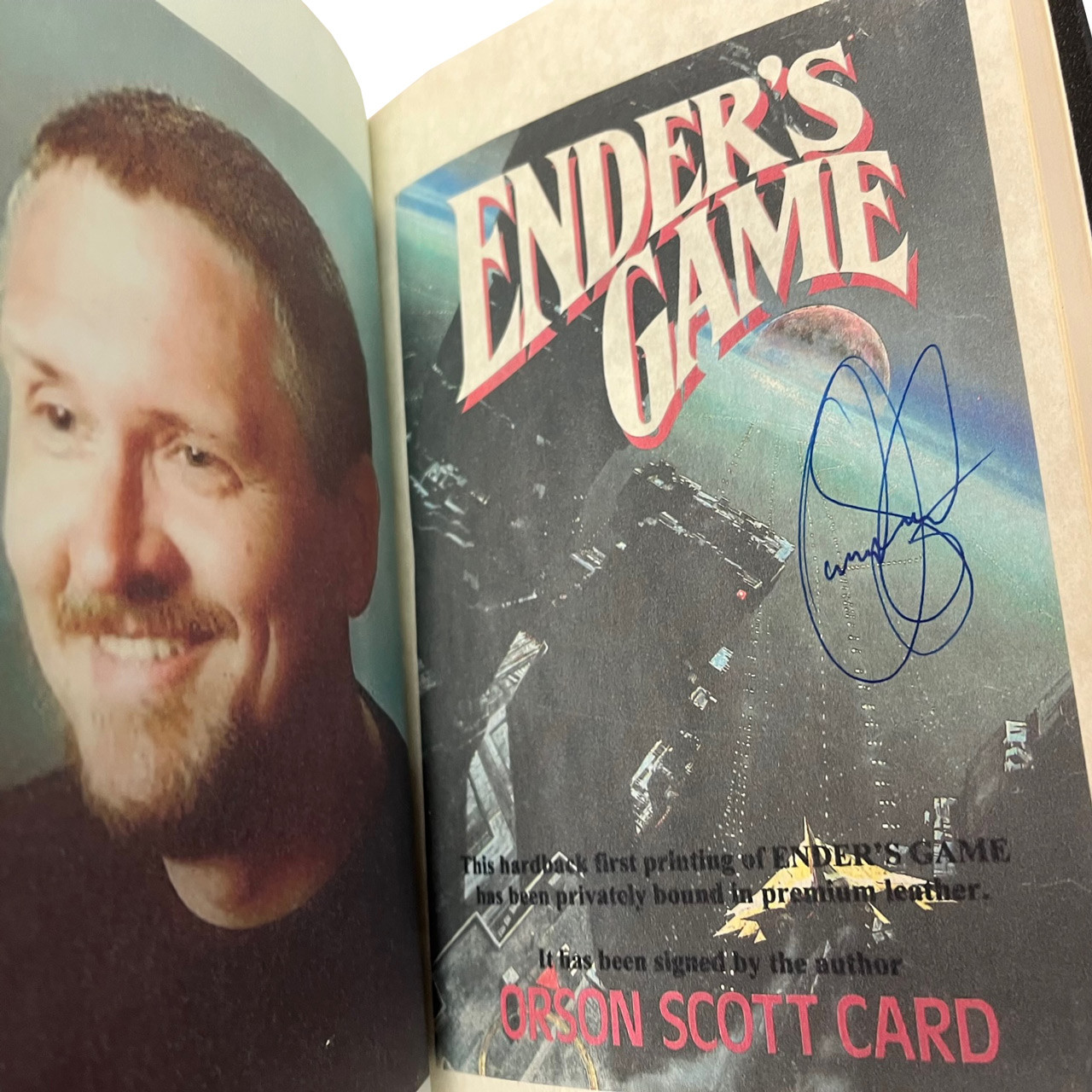


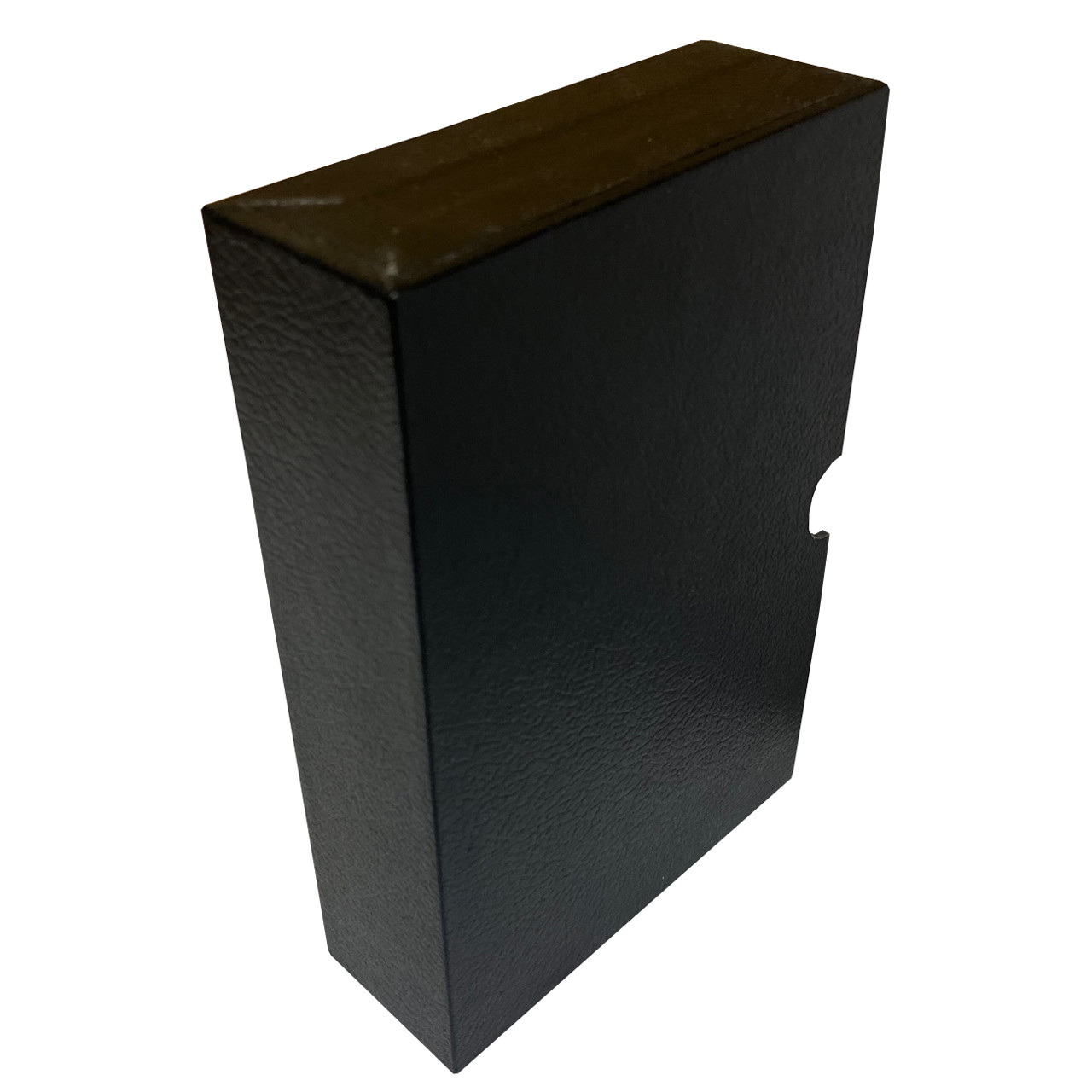





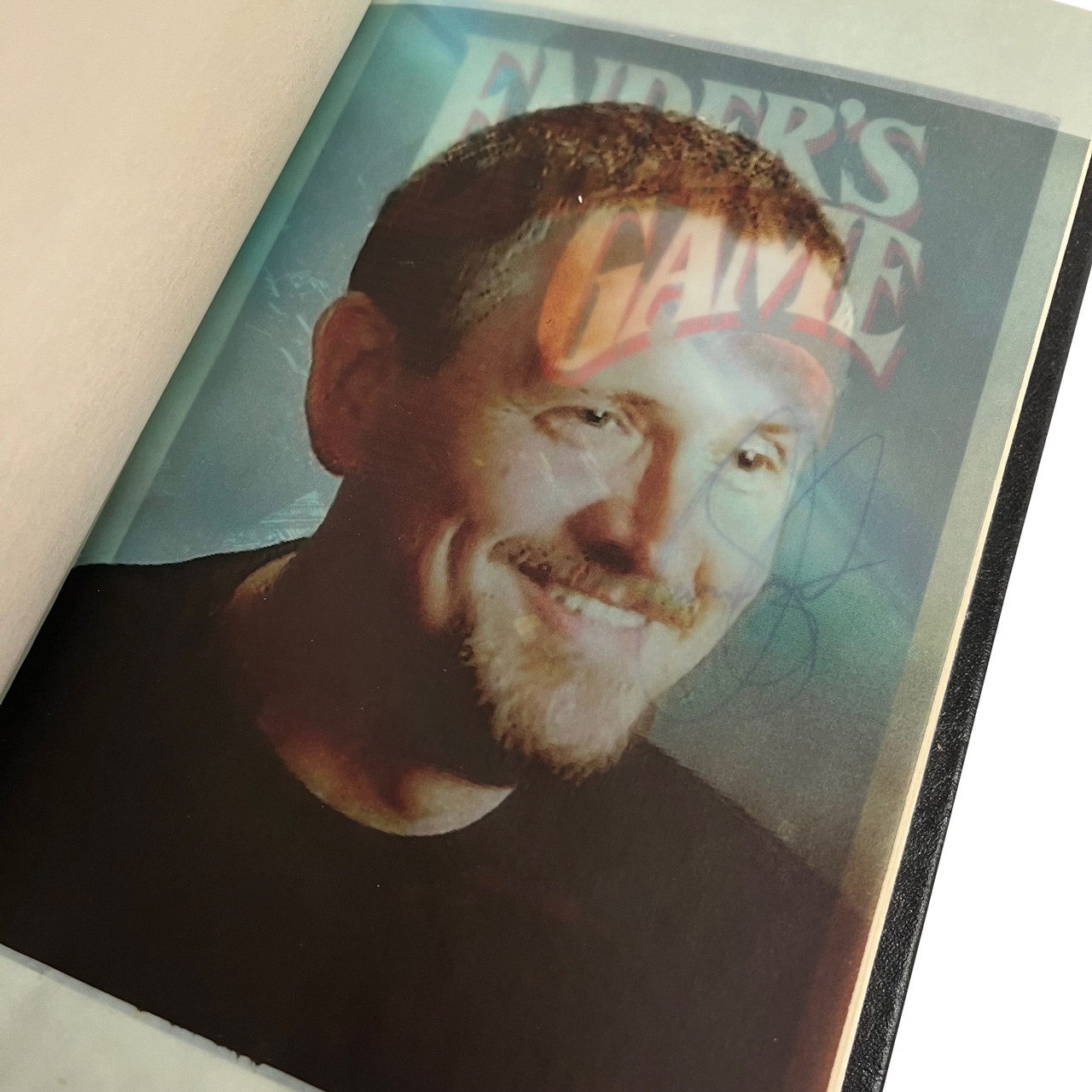
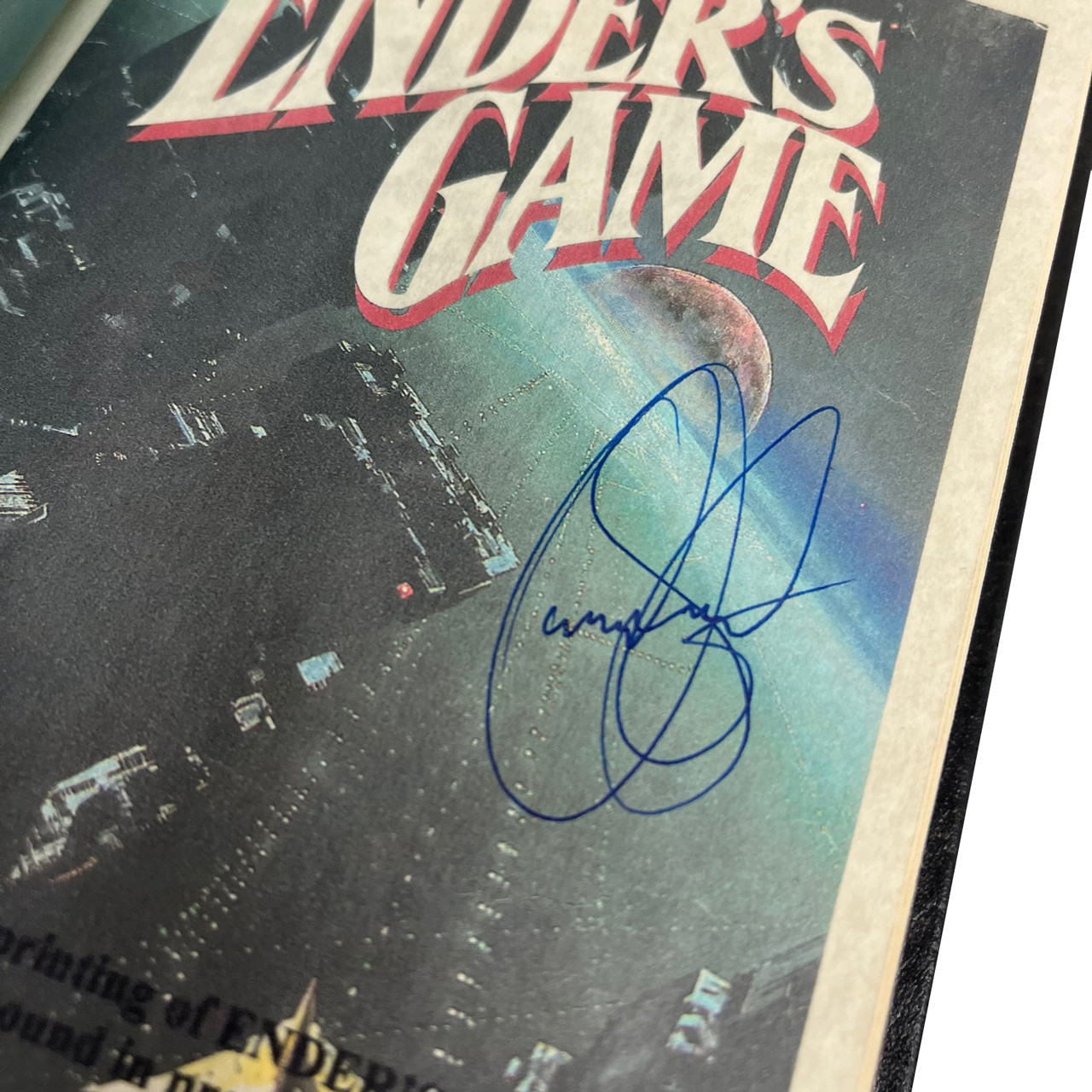
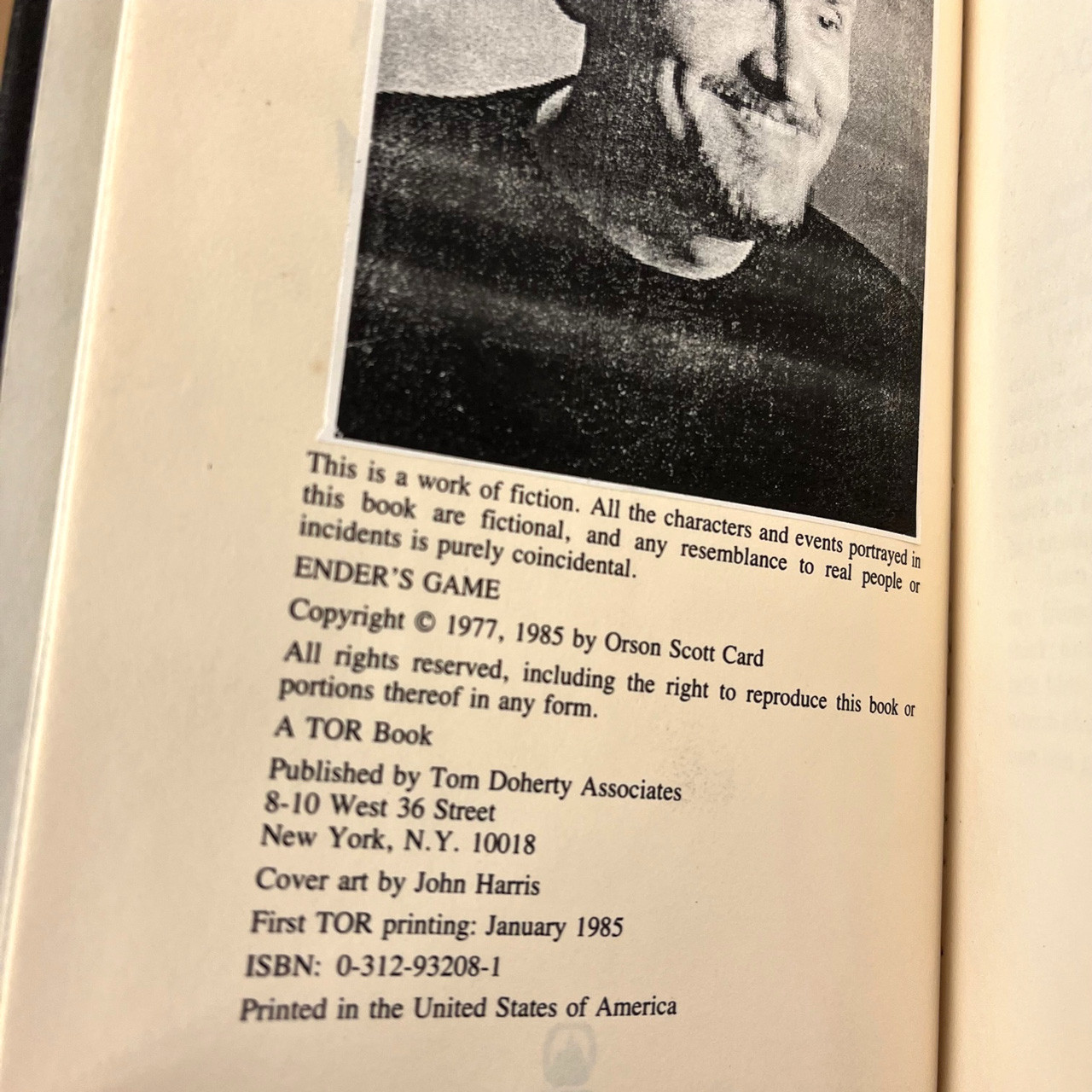

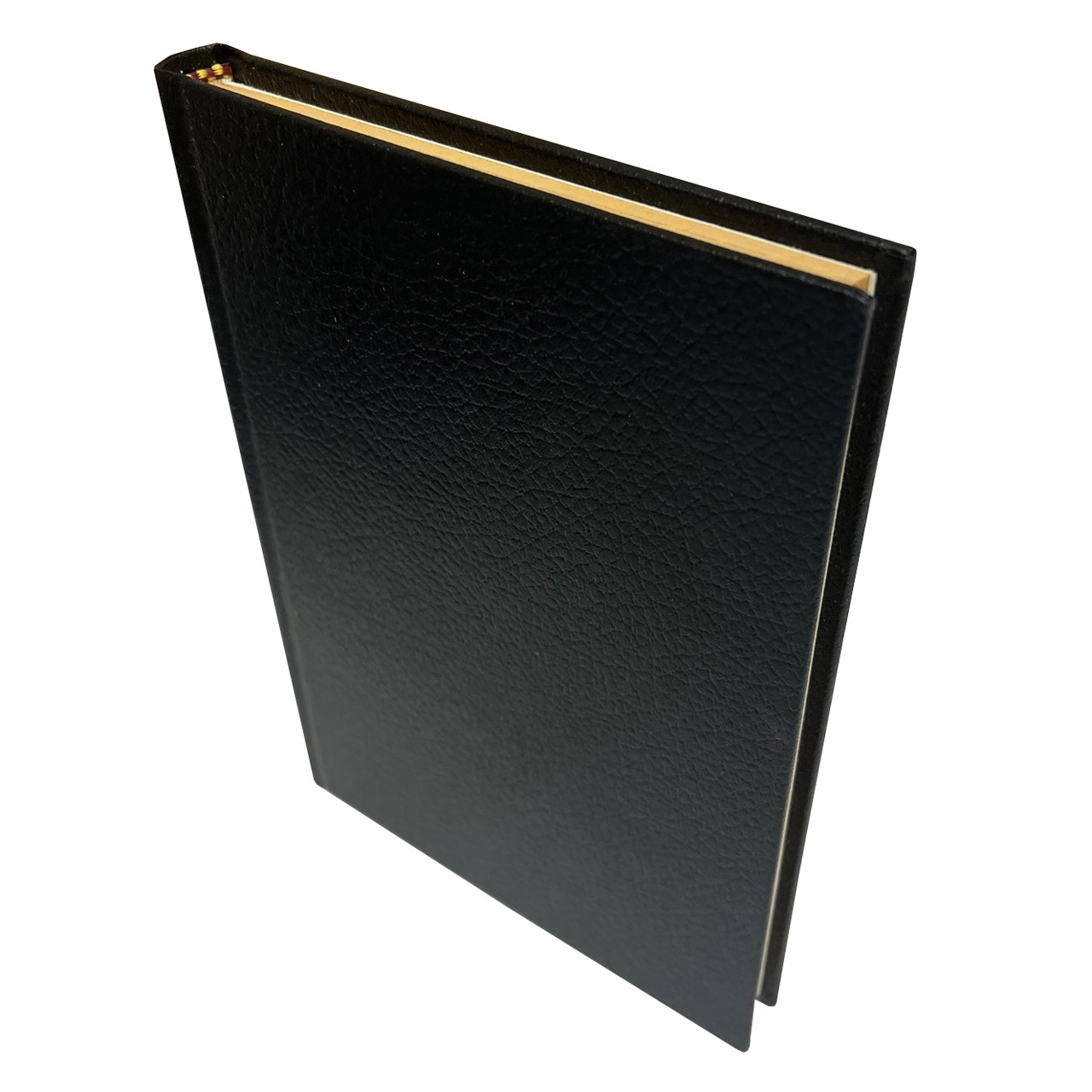

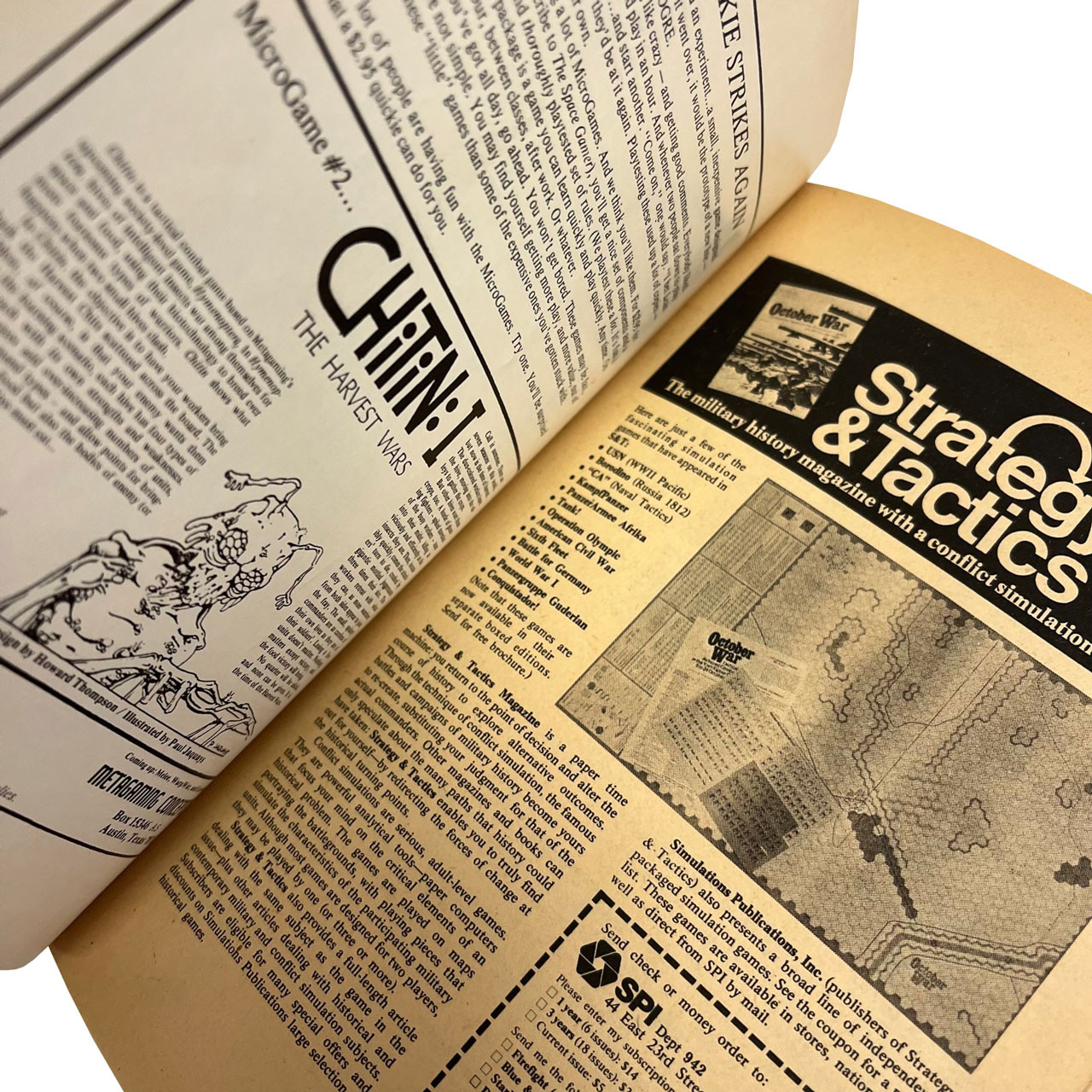
 Includes Certificate of Authenticity
Includes Certificate of Authenticity
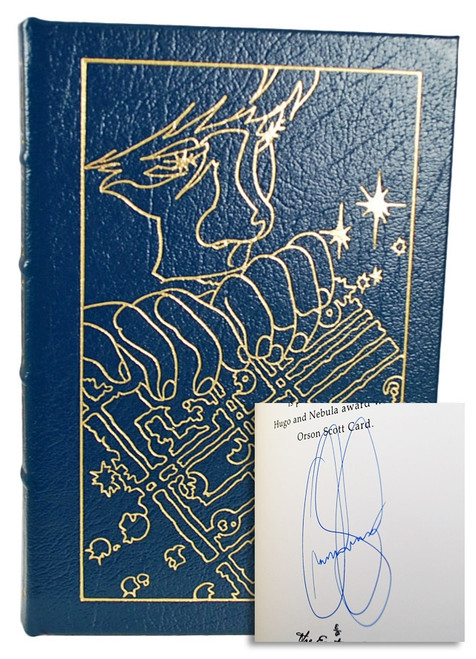
![Orson Scott Card "First Meetings" Slipcased Signed Limited First Edition No. 344 of 350 [Very Fine] Orson Scott Card "First Meetings" Slipcased Signed Limited First Edition No. 344 of 350 [Very Fine]](https://cdn11.bigcommerce.com/s-eohzfjch7f/images/stencil/500x659/products/3232/20975/IMG_9994_edited__52222.1713699764.jpg?c=1)


